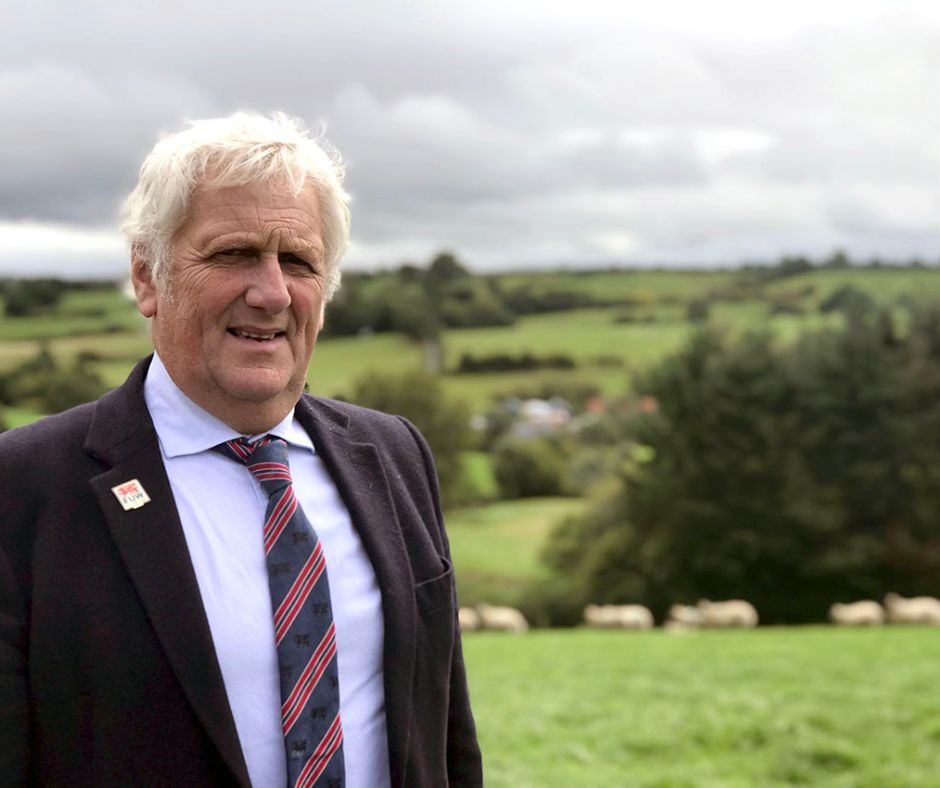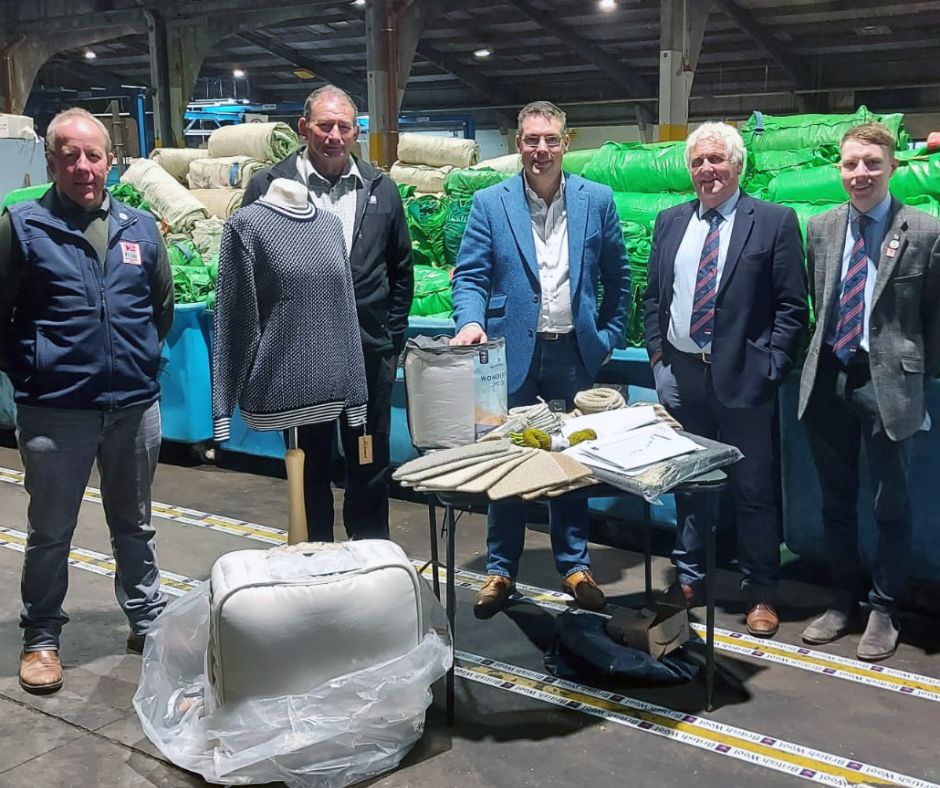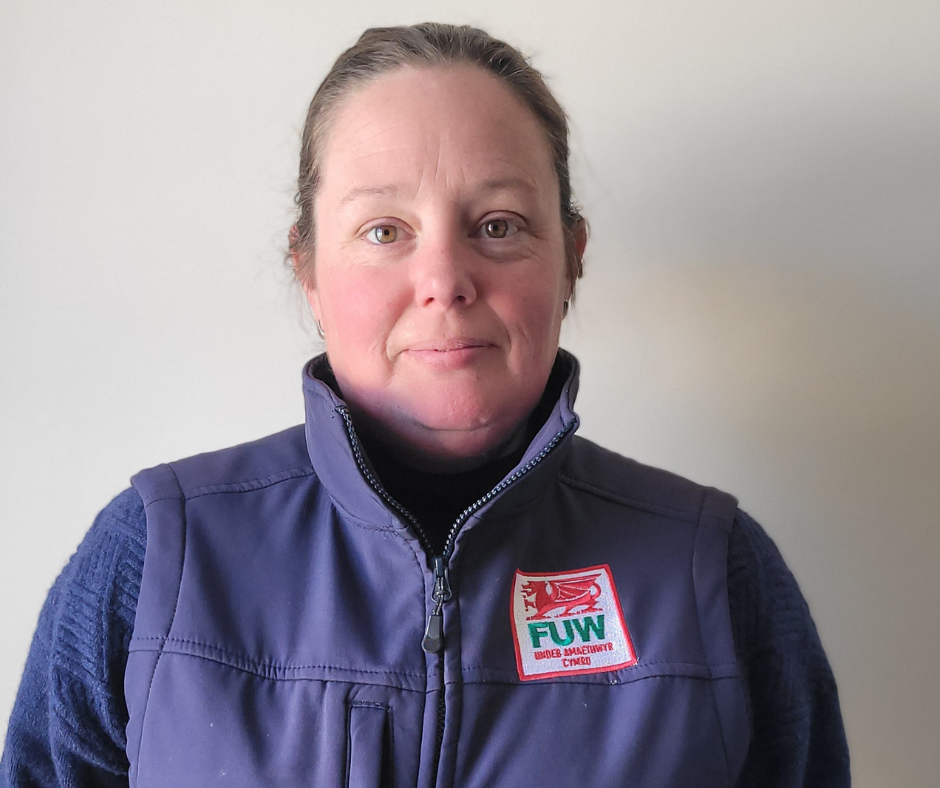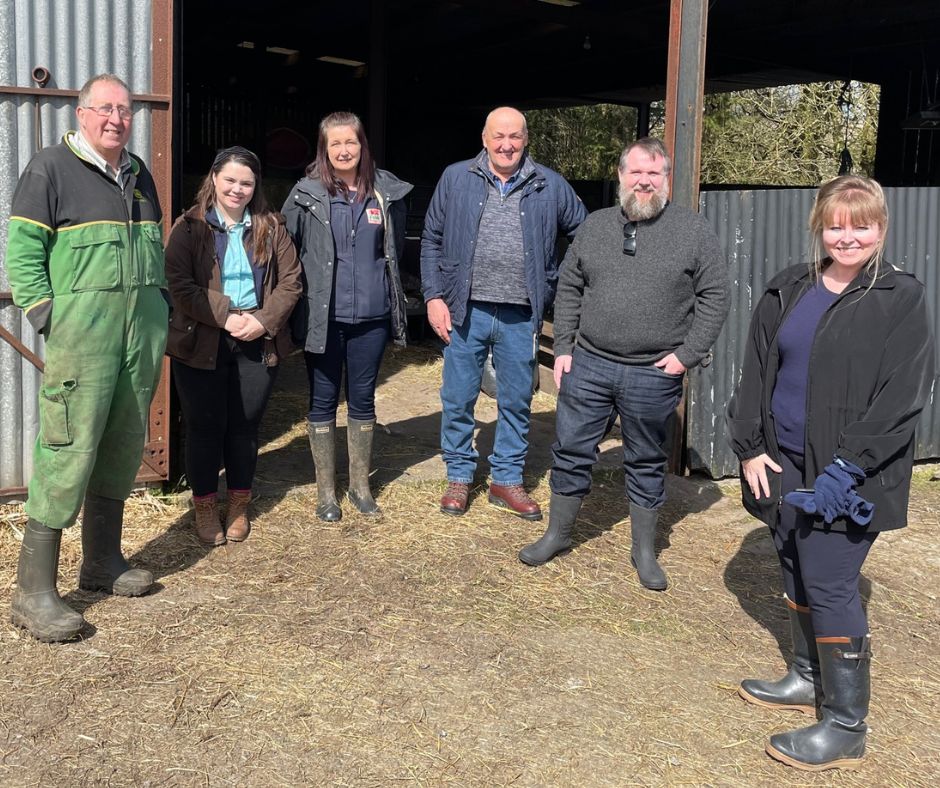The Farmers’ Union of Wales has welcomed the announcement by Minister for Rural Affairs and North Wales, and Trefnydd, Lesley Griffiths, that the implementation of the 170kg nitrogen per hectare whole farm limit will be further extended from 30 April to 31 October 2023.
Regulation 4 of the Water Resources (Control of Agricultural Pollution) (Wales) Regulations 2021, which sets an annual whole farm nitrogen limit from organic manure of 170kg per hectare, was initially delayed from 1 January to allow the Welsh Government time to consult on proposals for a licensing scheme to increase that limit.
FUW President Glyn Roberts said: “In our response, we urged the Welsh Government to use this opportunity to introduce an effective licensing scheme as a permanent part of the regulations on the basis that it is designed correctly to allow for a significant number of farms to be eligible and for it to be flexible to respond to challenges in the long term.
“It is therefore welcome to see that the whole farm nitrogen limit will be delayed by a further six months to allow more time for the Welsh Government to seriously consider the responses and provide sufficient time for farmers to prepare once the outcome is announced.”
While the introduction of a licensing scheme would serve as a significant safety net for some, the FUW continues to draw attention to the unintended consequences this limit alone will have on the ability of Welsh farmers to maintain food production levels and the impact of the regulations in general.
“We sincerely hope this six month extension will allow the Welsh Government to fully understand the repercussions this limit will place on farming businesses and the Welsh agricultural industry, and allow them to seize this opportunity to introduce a scheme that helps to address our concerns.
“The need for this second extension simply demonstrates the complexity of the regulations we are dealing with, and as such, we strongly urge the Welsh Government to delay the regulations set to be introduced next year until alternative technological solutions are considered and the regulations reviewed,” Mr Roberts added.








